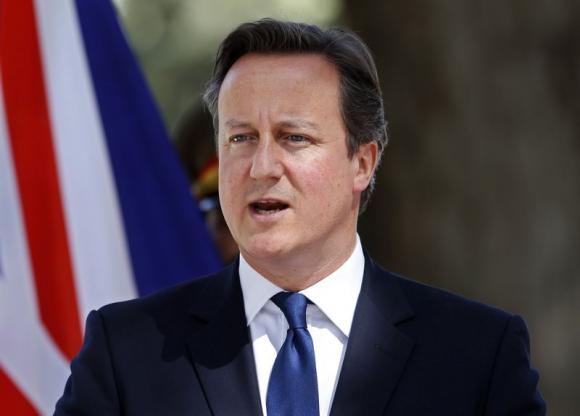It hasn’t been the easiest few months for David Cameron: he lost a national election to a party he dismissed as ‘fruitcakes, loonies and closest racists’ quickly followed by the departure of two of his popular MPs to the same organisation.
And as the second by election campaign presses on it the Prime Minister had a desperate clarion call for voters thinking of supporting UKIP’s candidate Mark Reckless to stick with his party.
After losing the Clacton by election to the anti-EU party, the Tories have realised that voters’ concerns over immigration is not going away – and specifically they know that caps on numbers must exclude migrants from within the union.
According to The Telegraph, there are reports that Mr Cameron is planning to demand an “emergency brake” on the numbers of EU migrants, saying he was going to “make sure we have more effective control of immigration”
In order for Mr Cameron to get his way there would need to be a complex Treaty change which would require agreement by all 28 Member States and would be put to a referendum in Ireland – and possibly other countries – in accordance with their own Constitutions.
Because rather than simply take out the section on free movement, there would need to be massive overhauls to the internal market, airline regulations, rules on social security and the fundamental principle of not discriminating against fellow EU citizens based on their race to name but a few.
Mr Cameron would be able to deal with some concerns regarding social security if he tightened up the rules for British people to claim as well. But the only way he could stop immediate access to both in and out of work benefits for people who have only recently arrived in the UK is if he restricted availability to those very people who are complaining the system is currently ‘unfair’.
Mr Cameron admitted that it was “not going to be easy” and even hinted that if things do not go his way there may be an even tougher stance by the pro-EU Prime Minister. “I think…that we should have one last go at negotiating a better deal.” he added, leaving listeners wondering what would happen should he not have success.
For all the dismissing of election pacts and deals, it seems that Mr Cameron has realised that he might have to act tough as well as talk tough on immigration if he is to stop the flood of support to Nigel Farage’s UK Independence Party.
The EU may be keen to keep the UK amongst its numbers – enlargement is their go to word – but they may not be so keen if it means turning the fundamental principle of the union on its head.

COMMENTS
Please let us know if you're having issues with commenting.